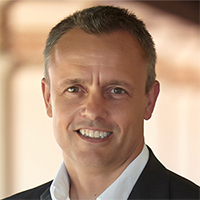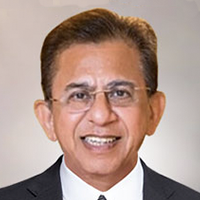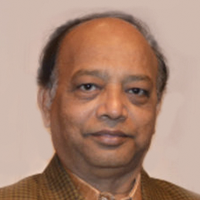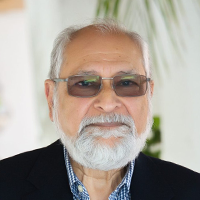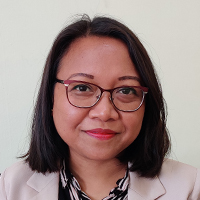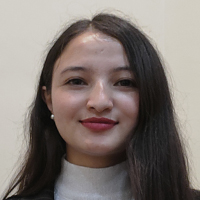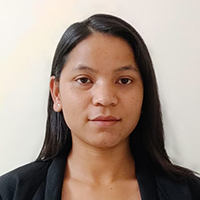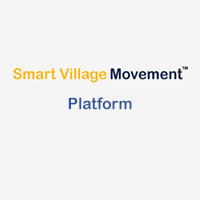Meet your instructors

Solomon Darwin
Executive Director, Center for Growth Markets
Rhonda Shrader
Executive Director, Berkeley Haas Entrepreneurship Program
Gauthier Vasseur
Executive Director, Fisher Center for Business Analytics
Benjamin Bradbury
Lecturer, Haas School of Business
Mentors

Dr. Anil Shah
Cardiologist, Business Entrepreneur and Chairman of the Smart Village Movement
Dr.Iyyanki Muralikrishna
Retired Director of JNTU
Arding Hsu
Retired Siemens Senior Executive
Deepu Rathi
Chief Customer Success Officer, MayaMD.ai
Gautam Bandyopadhyay
Uday Kapoor
Engineer, IIT Delhi; Documenter, Computer History Museum, Silicon Valley
Chris Bush
Executive Director, Institute for Business Innovation & Former CEO, Monarch Media
SVM Fellows

About the Program

Access to Project Platform & Mentors
While working on their projects, students will have access to both a weekly session with one of the program instructors, as well as to online office hours with dedicated mentors who can answer their questions and provide them with direction. They also will have access to the Smart Village platform, an online tool that will provide them with a variety of resources and contacts to help them.
By completing the lecture and project components of this program, students will gain a strong foundation in business innovation and analytics skills. Through their projects, they will also be providing solutions to help solve economic development challenges in rural India. These types of social business solutions are critical to help India continue to grow its economy and the human capital of its people, particularly in villages.
Challenges
Agriculture
- Banana Fibre
- Me’mang Narang
- Quality Tomato Production
- Lakadong Turmeric
- Soh Kwit
- Seed Villages
- Storage of Agricultural Produce
- Floriculture
Education
- Training School Teachers
- Access to Basic School Infrastructure
- Access to Remote Learning Technology
- Informal Education on Wheels
- Learning with STEM for rural schools
Healthcare
Household
- Access to Clean Cooking Fuel
- Affordable Housing
- Natural Water Resource Management
- Rainwater Harvesting
- Rural Transport Connectivity
- Creating Tourism Circuit
Reading

Required Materials
Required Pre-Work and Reading
- Read the HBR article by Steve Blank.
https://hbr.org/2013/05/why-the-lean-start-up-changes-everything - Watch the free Udacity course videos by Steve Blank. Attached is the link:
https://www.udacity.com/course/how-to-build-a-startup–ep245. The total time is about 5 hours. - Petal diagram to identify competitors (including potential). Please read the article from
Steve Blank.https://steveblank.com/2013/11/08/a-new-way-to-look-at-competitors/. A lot of good materials there. - Value chart to do comparison. Please watch the following video.
https://www.youtube.com/watch?v=Upt_28d-WGg - VRIO diagram to validate if the competitive advantages are sustainable. Please watch the
following video. https://www.youtube.com/watch?v=RMlbCpcpSt8 - Submit group’s “What for Whom for What Statement” (WHAT are the products/services
that create value for WHOM customers for WHAT problem ) and a short text on
usage scenario of selected solution by the end of 1st lecture. Note that that these are
hypotheses and will be validated and changed during the practice of Lean Startup methodology.
After you complete your pre-registration form, you will receive an email from UC Berkeley with next steps.
Frequently Asked Questions
Coming soon…
Do you have questions about the course content? Contact us.



